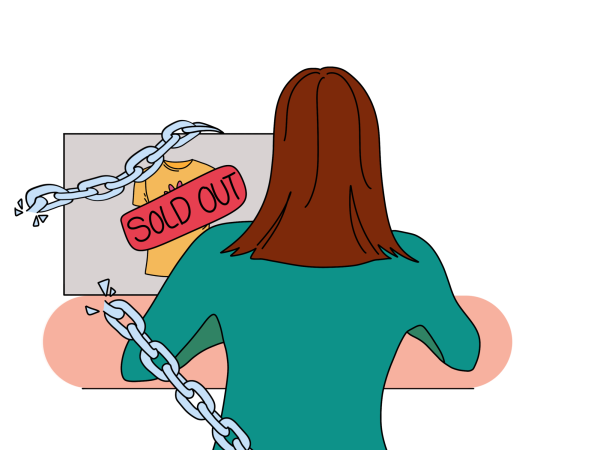The Fed’s Word Is Not Gospel
On Wednesday, Nov. 2, the Federal Reserve boldly went where it hasn’t gone since the financial crisis of 2008. In its latest Federal Open Market Committee meeting, Fed Chairman Jerome Powell announced that the United States central bank would be raising interest rates by another 75 basis points in an effort to rein in rising inflation. It was a post-Halloween spook that nobody wanted, but one that most people saw coming.
What really sent markets into a tizzy on the eve of the announcement was when Powell signaled that the Fed wasn’t ready to slow down their aggressive rate-raising policies – meaning that investors could expect more raise rates in the future – and that wasn’t what they wanted to hear. Daniela Mardarovici, co-head of U.S. multi-sector fixed income at Macquarie Asset Management, said it best during a recent profile with the Wall Street Journal: “[t]he market is starting to come to terms with the fact that Powell said no dessert.”
Does the Fed have too much influence in the markets?
The truth is, I can’t be certain that it does. Disclaimer here: I’m a 19-year-old college student with zero degrees in economics. I routinely call my dad to have him explain very basic financial jargon to me. I am, in all respects, severely underqualified to be giving my opinion on whether or not market activity is too closely tied to what the Fed says. However, even as someone with limited proficiency in the technicalities of everything going on, the general, observational sense that I get is that the current Fed-market dichotomy is a precarious one.
A free market – a market where prices of goods and services are regulated by supply and demand – is the bedrock of economic prosperity. American markets are about as free as they come; there is regulation but, for the most part, it is just the right amount. Just. There is a very delicate balance between the free and regulatory forces in American markets and anything that tips the scales one way or the other will disrupt the balance. It is worrisome to me that markets, particularly the stock market, are almost sure to experience some whipsawing in the wake of a Fed announcement. History tells us that markets have always reacted in some way to announcements by the Fed, but it feels to me like current investor sentiment is more tied to what the Fed says than it ever has been. It’s just a feeling, but I know I’m not the only one.
I see the growing number of day traders as something that is particularly responsible for fueling the Fed’s sway over the market (or at least the perception that it does). In the past couple of years, platforms like Coinbase and Robinhood have risen to prominence among Gen Z and Millennials who are looking for a get-rich-quick scheme. Those platforms, in particular Robinhood, have come under fire for making trading and investing feel like a game and not actual tools for managing money. They have also made options trading – a very risky but potentially lucrative trading strategy – more popular among casual traders. And the biggest problem with these platforms is that they have made it too easy for people to trade stocks on a whim. The result is massive numbers of people trading stocks without doing their due diligence. This new wave of day traders is trading almost solely on the sentiment that they get from reading or watching financial news. They make “trades” (basically just risky bets) based on whether or not a company is going to announce good earnings or if a major central bank will announce a cut or a raise in interest rates. These people aren’t investing – they’re betting, and it’s dangerous because they are basing their financial decisions on the actions of the Fed.
There’s not much a single person can do about this situation. People can do with their money what they want, and if what they want is to bet based on what the Fed says, then it is what it is. But: to the people out there who are confused about what is going on, or are worried about the near future for U.S. markets, I say: relax. If you want to be serious about investing, or if you just want to not lose money, don’t get caught up in the whirlwind of Fed announcements and all this other news nonsense. You have control over whether or not the Fed is going to have too much of an influence on your finances. Read the news to stay informed, but don’t base your financial decisions on what you see on the TV screen that morning. Yes, the Fed’s policy decisions are important to factor in when you make your investment decisions, but by no means should they dictate every aspect of your money moves. The hard truth about making money in the markets is that there are no get-rich-quick schemes that are worth risking your money for. If something seems too good to be true, then it probably is.

Richie Rosen is a junior from Los Angeles, Calif., concentrating on economics with a minor in political science. He has previously served as a staff writer...







